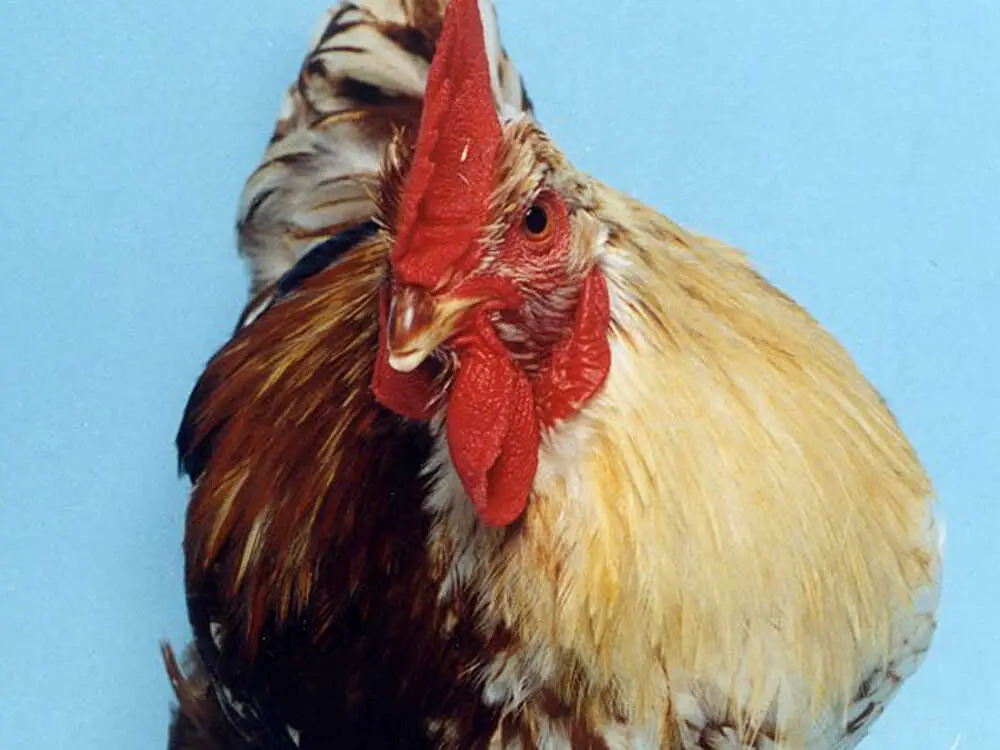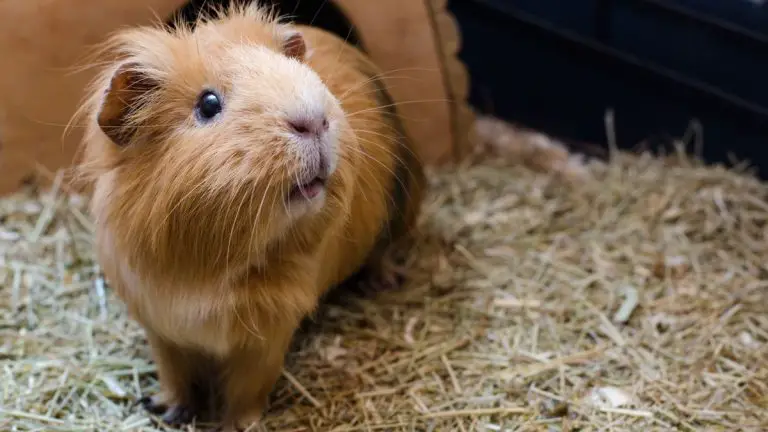Why Do Chickens Wake Up Early?
Chickens wake up early primarily due to their natural instincts and the need to maximize daylight hours for foraging and reproduction. Chickens are known for their early-morning wake-up calls, often crowing at the break of dawn.
This behavior is deeply ingrained in their biology and has evolutionary roots. As diurnal creatures, chickens have adapted to rise early in order to make the most of the daylight hours. Their keen sense of time allows them to anticipate the sunrise and start their day promptly.
By waking up early, chickens can secure food sources, avoid predators, and engage in mating rituals during the optimal time of day. This natural behavior is a result of their instinctual nature and ensures their survival in their natural environment. So, the next time you hear a rooster crowing in the early morning, remember, it’s just chickens following their biological clock.
Understanding Early Morning Habits Of Chickens
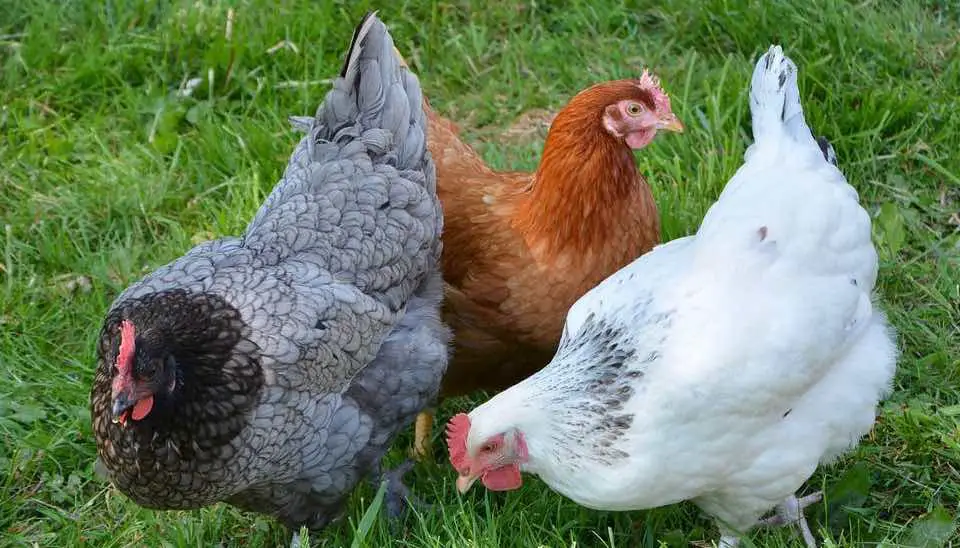
Chickens have a natural tendency to wake up early in the morning. This behavior is deeply ingrained in their instincts. Various environmental factors can impact their sleep patterns, such as natural light and temperature. Chickens follow a circadian rhythm, which plays a significant role in their daily lives.
They are attuned to the rising sun, and it serves as a cue for them to start their day. Understanding these natural habits and behaviors of chickens can help us provide them with better care and meet their needs. By recognizing their early morning habits, we can ensure that chickens have a comfortable and healthy living environment.
Biological Factors Influencing Chicken Wake-Up Times
Chickens are notorious for waking up early due to various biological factors. One key influence is the presence of roosters, who serve as the alarm clocks for the flock. Roosters have a natural instinct to crow at the break of dawn, signaling to the hens that it’s time to start the day.
Hormonal changes in chickens also play a significant role in their wake-up times. These changes affect the birds’ internal clocks, causing them to naturally awaken earlier in the morning. Additionally, research suggests that genetics can predispose chickens to either early riser or night owl behavior.
Some breeds have a genetic tendency to wake up earlier, while others are more inclined to sleep in. Overall, a combination of rooster influence, hormonal changes, and genetic predisposition contribute to why chickens wake up early.
Environmental Factors Affecting Chicken Sleep Patterns
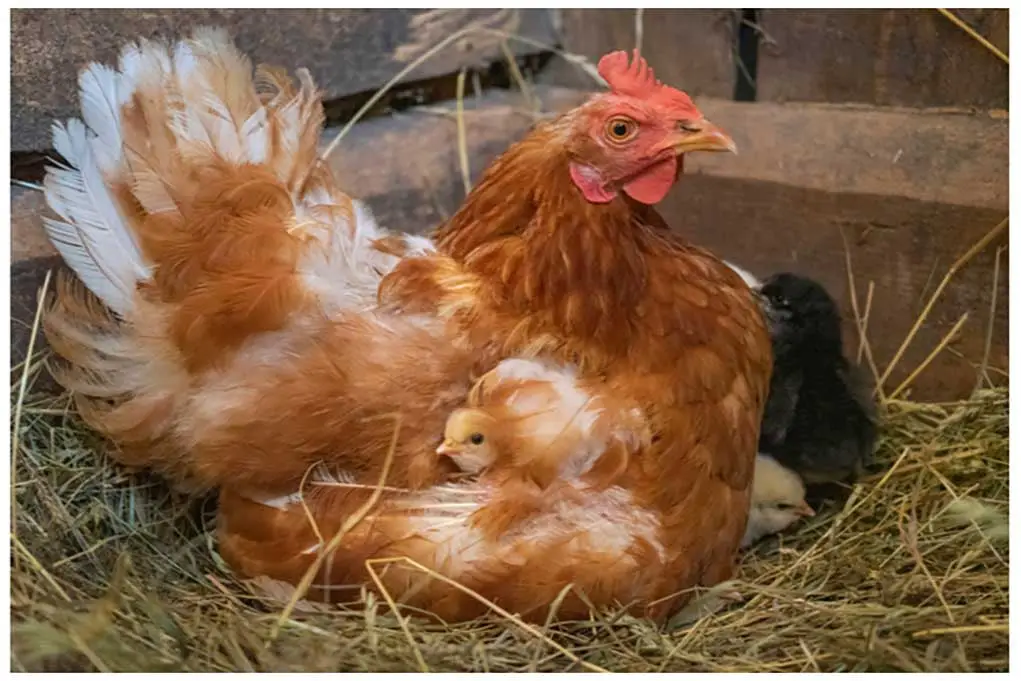
Chickens wake up early due to the influence of various environmental factors. The duration of daylight directly impacts their waking times, with longer days leading to earlier mornings. Temperature and weather conditions also play a role in their sleep cycles, as chickens are sensitive to the cold and harsh weather can disrupt their sleep.
Additionally, noise levels can affect how early chickens wake up, as loud sounds can startle them and alter their sleep patterns. These factors combined contribute to the chickens’ natural instinct to rise with the sun. Understanding the environmental influences on chicken sleep patterns can help poultry breeders and farmers create suitable living conditions for their flocks.
This way, they can promote healthier sleep cycles and productivity among their chickens.
Light Pollution: An Invisible Disruptor
Chickens naturally wake up early because their sleep patterns are influenced by light pollution. Artificial light disrupts their circadian rhythm, causing them to awaken earlier than they would in a natural setting. To minimize light pollution, consider using curtains or blinds to block out excess light in the coop.
Designing the chicken coop with sleep optimization in mind is also essential. Ensure the coop is well-insulated and free from light leaks. Provide the chickens with a quiet, dark environment where they can rest undisturbed. By minimizing light pollution and creating a suitable sleep environment, you can encourage natural wake-up times for your chickens, promoting their overall well-being.
Noise Pollution: A Disruptor We Can Control
Noise pollution can have a significant impact on the sleep quality of chickens. Excessive noise in the neighborhood can disturb their resting patterns, leading to sleep deprivation and stress. To reduce noise pollution in the chicken habitat, effective strategies can be implemented.
These may include creating barriers, such as hedges or walls, to block out noise. Additionally, adding insulation to the chicken coop can help absorb sound and create a more peaceful environment. Soundproofing methods, such as using acoustic panels or installing double-glazed windows, can further contribute to minimizing noise disturbances.
By implementing these measures, chicken owners can create a tranquil environment that promotes better sleep and overall well-being for their feathered friends.
The Importance Of A Consistent Sleep Routine For Chickens
A consistent sleep routine is crucial for chickens to maintain their health and well-being. Regular bedtime and wake-up times play a significant role in establishing this routine. By adhering to a set schedule, chickens can experience longer and more restful sleep, promoting their overall welfare.
To encourage this, it is important to establish a bedtime routine that includes creating a balanced environment for them. Providing a comfortable and secure space, free from disturbances and excessive noise, can help chickens settle down and sleep peacefully. Additionally, maintaining a consistent routine can help regulate their natural sleep-wake cycle, allowing for optimal rest and rejuvenation.
Taking these steps to prioritize their sleep ensures that chickens can maintain optimal health and productivity.
Practical Suggestions For Managing Chicken Wake-Up Times
Chickens naturally wake up early due to their internal biological clock, but there are practical suggestions for managing their wake-up times. One technique is adjusting their feeding schedules, as it can influence their sleep-wake cycles. By strategically timing their meals, you can gradually shift their awakening hour.
Another method involves enhancing their roosting areas. Creating a comfortable and peaceful environment can encourage chickens to sleep longer and uninterrupted. Consider providing cozy nesting boxes and secure roosting poles. These improvements promote a sense of safety and relaxation, aiding in a more peaceful slumber.
By implementing these techniques, you can gradually adjust your chickens’ wake-up times, allowing you to manage their schedules more effectively. So, take action and enjoy a more peaceful morning routine with your feathered friends.
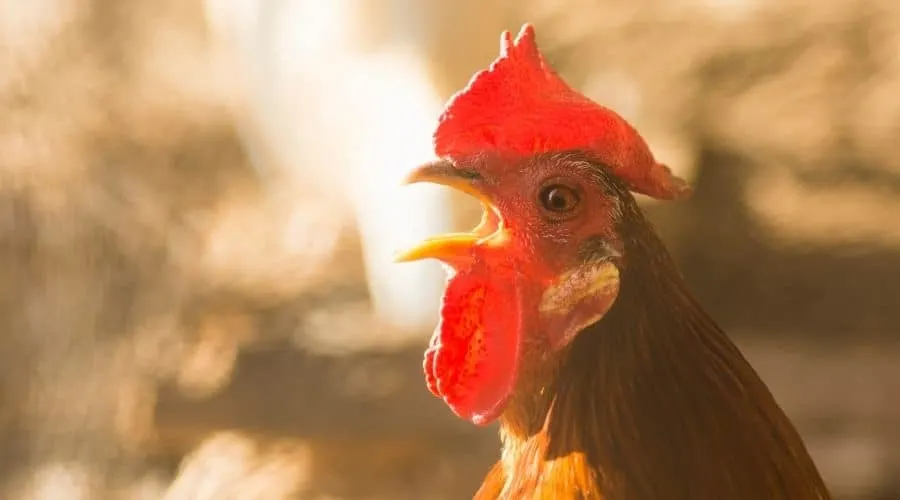
Frequently Asked Questions On Why Do Chickens Wake Up Early? This Is Why!
Why Do Chickens Wake Up Early?
Chickens wake up early due to their natural instinct and internal body clock.
What Time Do Chickens Usually Wake Up?
Chickens usually wake up in the morning when the sun rises.
Why Are My Chickens Not Laying In The Morning?
Chickens might not lay in the morning due to various reasons, such as stress, age, health issues, or environmental factors.
Why Are My Chickens Awake At Night?
Chickens may be awake at night due to stress, predators, weather changes, or disruptions in their routine.
Conclusion
Chickens are naturally inclined to wake up early due to their evolutionary traits and instinctual behavior. Their internal circadian rhythms, as well as environmental cues such as light and temperature, play crucial roles in regulating their sleep-wake patterns. Early mornings offer several advantages to chickens, allowing them to forage for food and engage in social interactions while minimizing potential dangers from predators.
Furthermore, their early wake-up calls can be attributed to their genetic predisposition and the need to establish dominance within their flock. Understanding the reasons behind chickens’ early rising habits can help poultry keepers create optimal living conditions for their birds, ensuring their overall welfare and productivity.
Whether you are a chicken enthusiast or simply curious about our feathered friends, appreciating the fascinating nature of chickens’ sleep patterns can deepen our understanding and admiration for these amazing creatures. So the next time you hear a chicken crow at the break of dawn, you’ll know it’s their natural way of starting the day!

